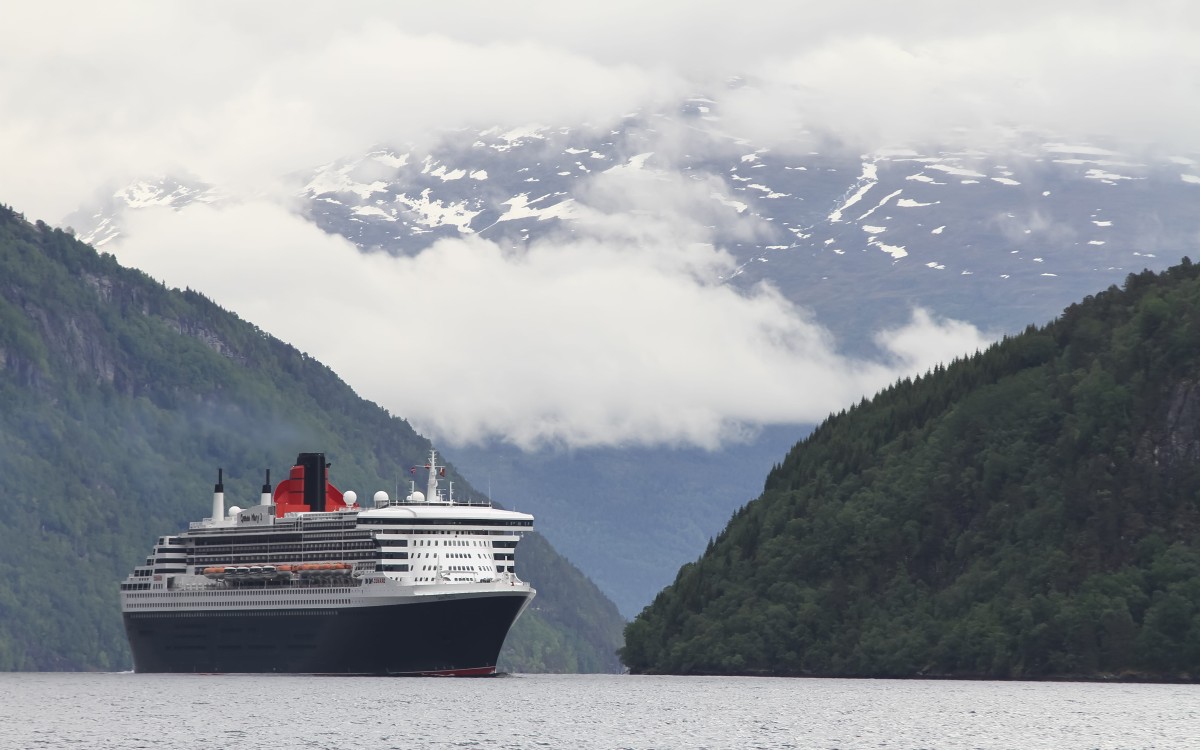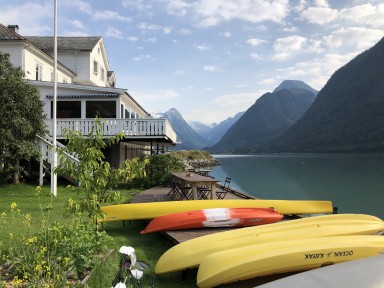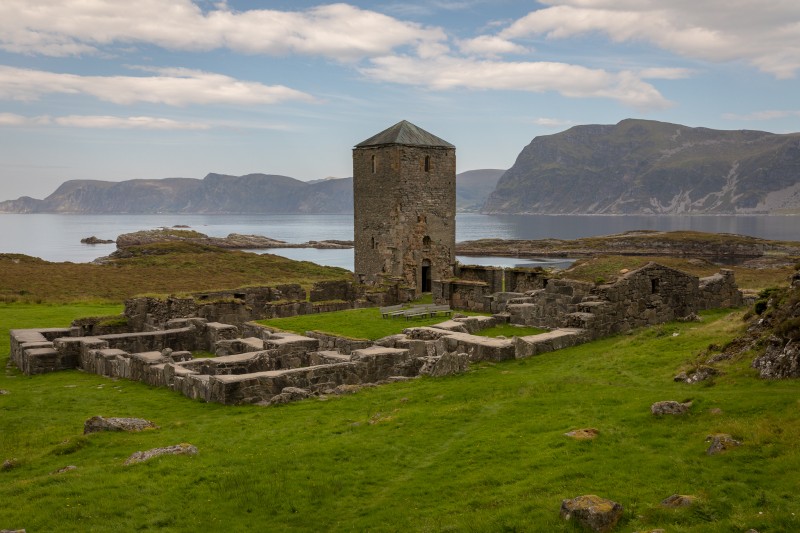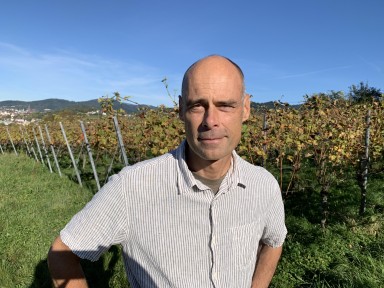New study to map how the coronavirus outbreak hit cruise tourism in Western Norway

A new study will examine how the cruise tourism in Western Norway has been affected by the coronavirus outbreak. This autumn, Western Norway Research Institute is starting up three new research projects pertaining to the future of tourism in light of not only the coronavirus, but also the climate crisis.
The research projects in question, one international and two national projects, will all be starting up by the autumn of 2020, in the wake of the most abnormal summer season the industry has seen in decades.
A black season
To many inhabitants of Western Norway, the absence of large cruise ships has been the most visible evidence of the unparallelled nature of this summer season. Although everyone in tourism is afflicted, the cruise industry has suffered severe losses.
"Globally the question is whether or not the industry will survive, as they are not granted crisis packages, unlike the aviation industry", says Hans Jakob Walnum at Western Norway Research Institute, one of the researchers involved in the upcoming research.
The study will examine various consequences of the black cruise season of 2020 from the perspective of cruise destinations in Western Norway. The research is conducted in collaboration with the county administrations in the three counties that make up Western Norway - Rogaland, Vestland, and Møre og Romsdal. The three aspects at the core of the study include economic losses as a result of the absence of cruise tourists, emissions 'saved' in the cruise ports, as well as local views on the absence of tourists, i.e. how inhabitants reacted to empty souvenir shops and streets in the cruise destinations that normally buzz with visitors during the summer months. Are people largely relieved or disappointed?
The future of fjord cruises
The research project on the cruise industry works closely with a working group preparing an updated action plan for Western Norway's cruise strategy, and aim to provide advice on how the cruise industry may most likely appear in coming years.
"Needless to say, it is difficult to say how the cruise industry will be in a few years, not to mention the effects of the ongoing pandemic. When and if cruise ships start sailing in the fjords of Western Norway again, one may hope that certain changes will be in place, such as ships being smaller and emitting less and electrified harbours. The cruise ships may also start staying longer at cruise destinations, allowing the cruise tourists to spend more money locally.
"Local communities and adventure firms may hope for closer collaboration with the cruise operators, facilitating longer stays, says Walnum.

As a result of these adjustments, Hurtigruten's plans have been met with less scepticism than previous cruise arrivals.
To read more about the Ecovet project, please visit WNRI's web pages.
Climate risks in large project
Within the tourism sector, hopes are that 2020 will remain an exception. However, if we consider how deeply the consequences of climate change are likely to affect the sector within a decade or two, 2020 will appear more as a taste of what is coming, according to Stefan Gössling, the coordinator of tourism research at Western Norway Research Institute. Gössling mentions examples such as extreme weather events, a lack of snow at ski destinations, but even the effects felt by tourism when the climate policies become stricter. As an example, transportation causing large emissions, such as aviation, may face a new carbon tax.
"Unfortunately, I have not experienced a great deal of awareness in encounters with people in the tourism industry when it comes to future challenges caused by climate change", says Gössling, who will be the leader of the international research project TourRISK, which broadly speaking aims to provide answers to how tourism may be transformed into a more resilient sector.
Cannot return to before
The most urgent transformation called for, is mitigation of carbon emissions, and Norway is committed to a goal of zero emissions by 2050. For some parts of tourism, this sounds particularly dramatic. "It will be much worse if we keep waiting, as this will leave us less time to act", Gössling explains.
"Certain forms of tourism - those that cause the greatest emissions - will most likely have to be terminated", he says.
The project leader's sees the pandemic as an opportunity politicians need to cease.
"This is the time to introduce a tax on carbon emissions. We simply cannot go return to before", says Gössling, referring to the state subsidies issued to aviation.
The TourRISK project has a total frame of NOK 12.5 million. WNRI will be working in collaboration with four Norwegian research partners and researchers from the Netherlands, Canada, and Australia in addition to several Norwegian tourism enterprises.
Coastal tourism on the rise
A third project on sustainable tourism is about to be started in the coastal region of Outer Nordfjord. In this area, which boasts Norway's westernmost point, a pilgrimage site, and beautiful surf beaches surrounded by ragged mountains, tourism is on the rise.

The increased influx of tourists in recent years provides a great commercial opportunity and a source of employment. However, tourism has also caused concerns and increased the potential for conflict, for instance over the question of mass tourism from cruise ships, a proposed tourist tax, and imposing restrictions on camping (i.e. breaking the principles of 'Allemannsretten'). In short, the question is what path of development the region ought to choose.
As such, the research project is a means to define the future of tourism in Outer Nordfjord (Stad and Selje) with an eye to building resilience to global crises such as the current pandemic and future restrictions on carbon emissions.
A common understanding
Through knowledge-building, researchers at WNRI will help provide a basis for the sustainable tourism development desired by inhabitants of Outer Nordfjord. The local participants will take part in testing new products and products that may contribute to increased sustainability.
The project will be led by Stad Vekst AS, and will include participation by key representatives from the local service industry, including tourism, adventures, accommodation, transportation, and restaurants. Funding is provided by Vestland county administration, and the project will run from the summer/autumn of 2020 to the end of 2021.


